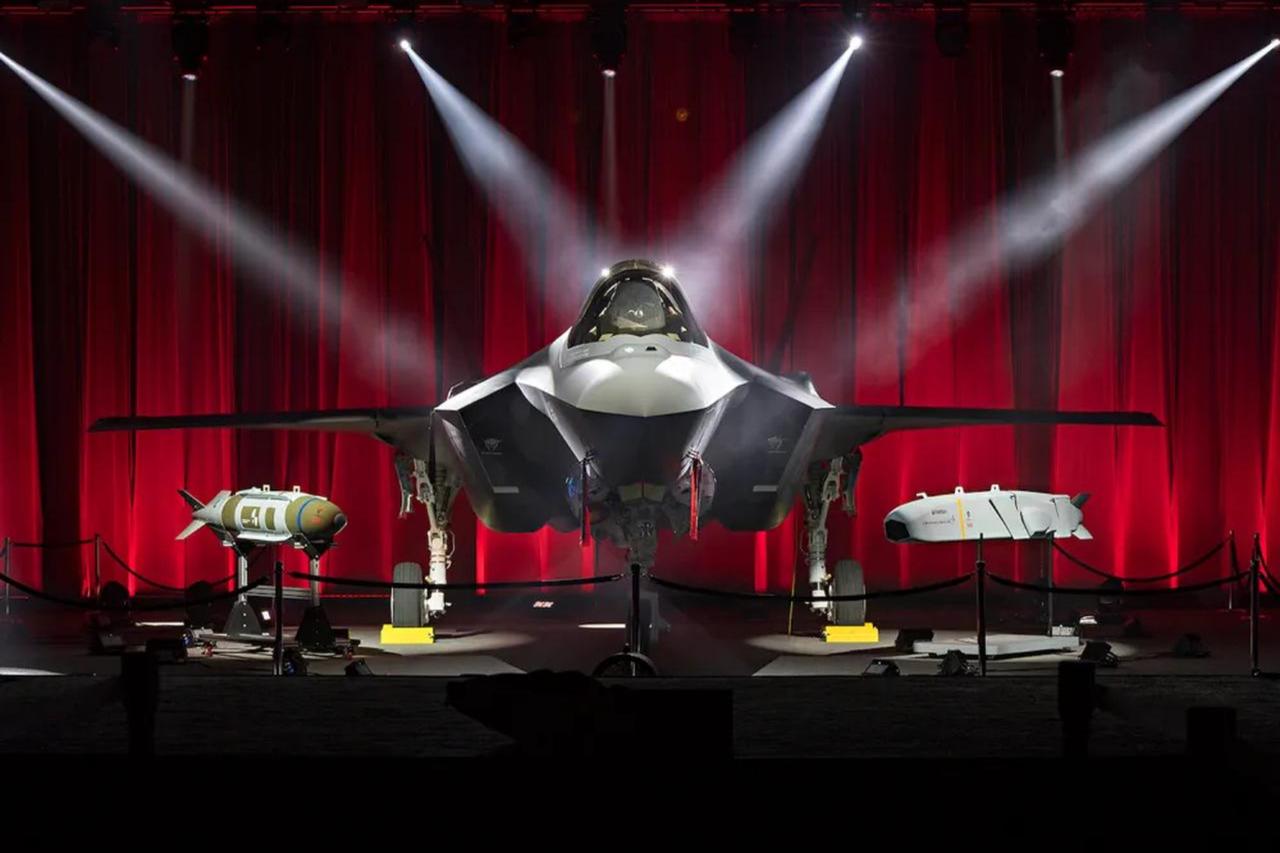
U.S. Ambassador to Türkiye and Special Representative for Syria Tom Barrack said that Washington will find a "middle ground" solution to the longstanding F-35 fighter jet and S-400 missile system dispute between the two NATO allies.
Speaking during a live television interview on Turkish media outlet Haberturk on Wednesday, Barrack expressed confidence that the defense disagreement dating back to 2017 can be resolved as U.S.-Türkiye relations strengthen across multiple sectors.
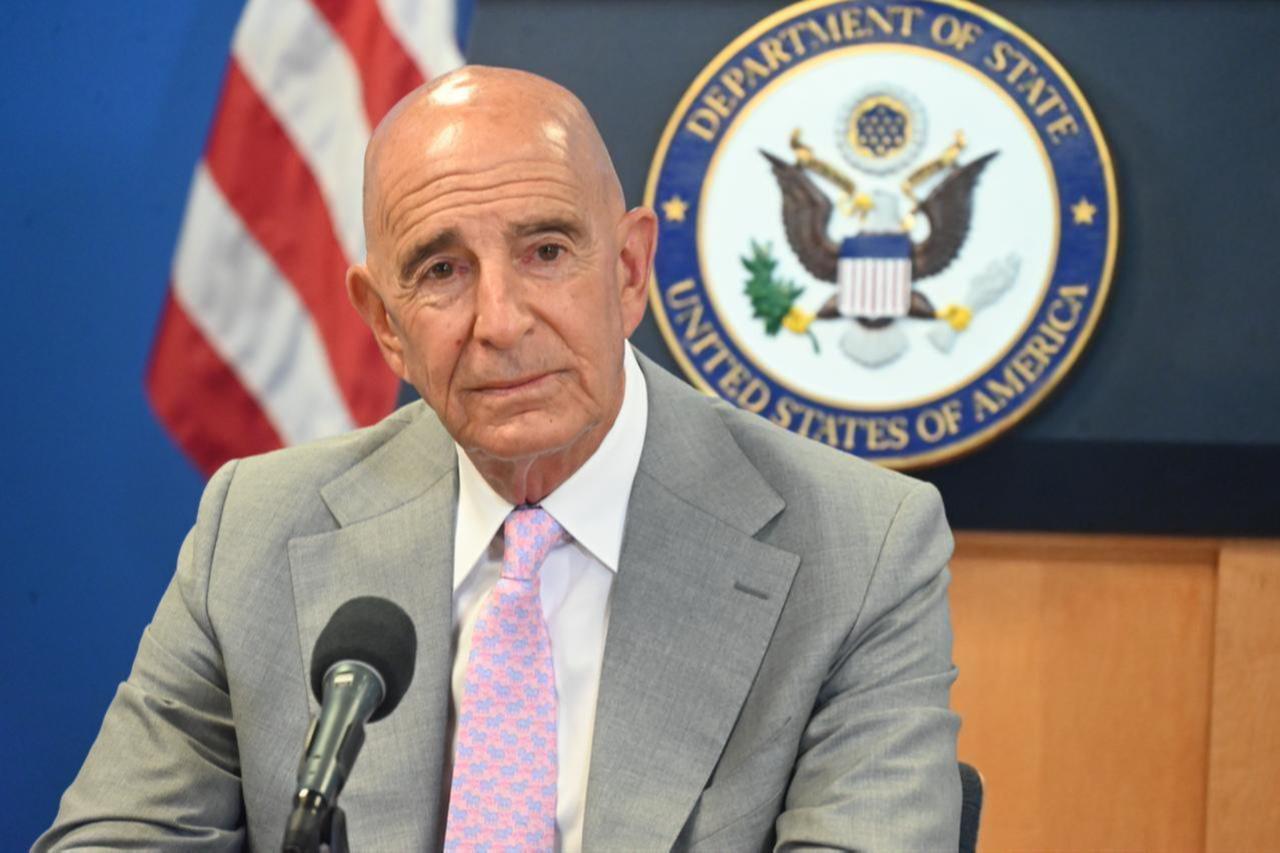
"Absolutely. We will find a solution," Barrack said when asked about a potential compromise on the F-35 and S-400 issues.
"But Türkiye should not only be a defense partner in NATO; it must be our regional partner. Together with what they do in defense and what they do in production, together with America, we need to be the center of this security mechanism not only for the region extending westward but for the entire region extending eastward," he added.
The ambassador characterized the dispute as a misunderstood issue from 2017, noting that circumstances have changed significantly over the past decade.
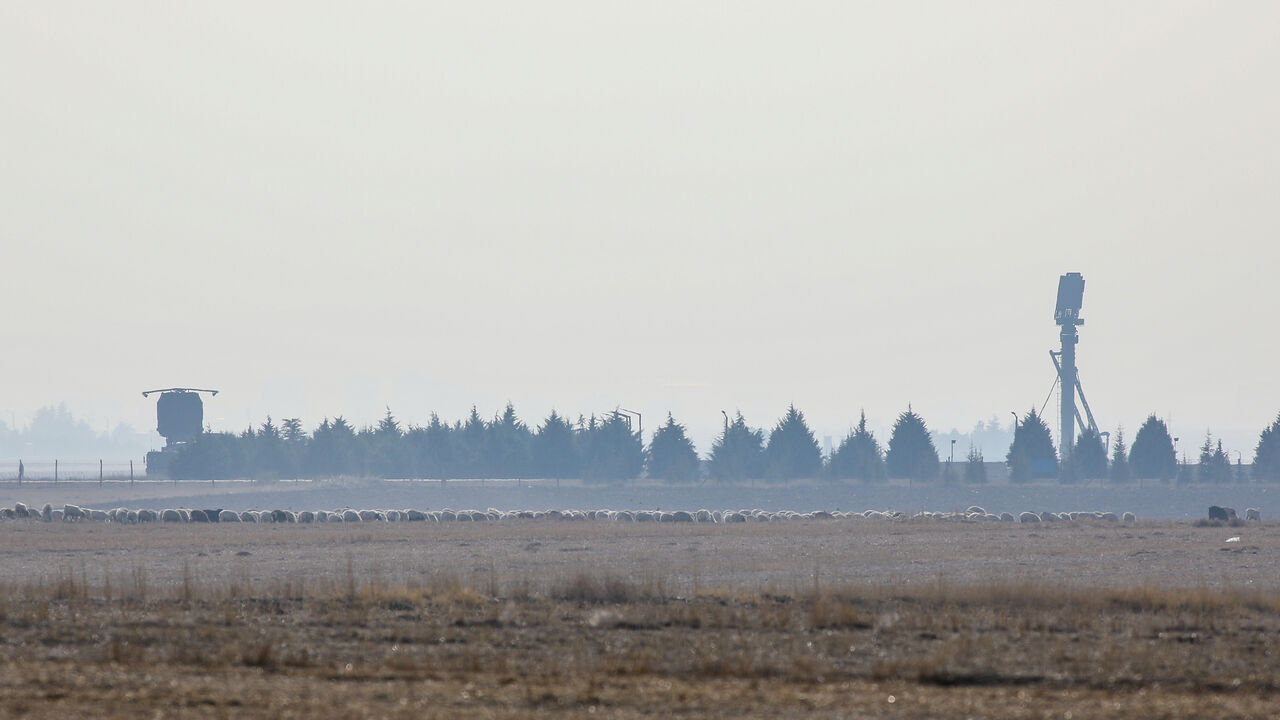
"This is an issue left over from 2017, and it's a misunderstood subject. Ten years later, we are in a very different environment, and we are rushing toward a solution," Barrack explained.
"The F-35, F-16, S-400 issues—which were political friction—all have solutions. Especially while establishing a 100 billion dollar trade volume and NATO increasingly expects more help, advice and support from Türkiye," he noted.
The ambassador expressed hope for a near-term resolution, adding, "I hope we will see a solution in the short term. I think we are getting closer."
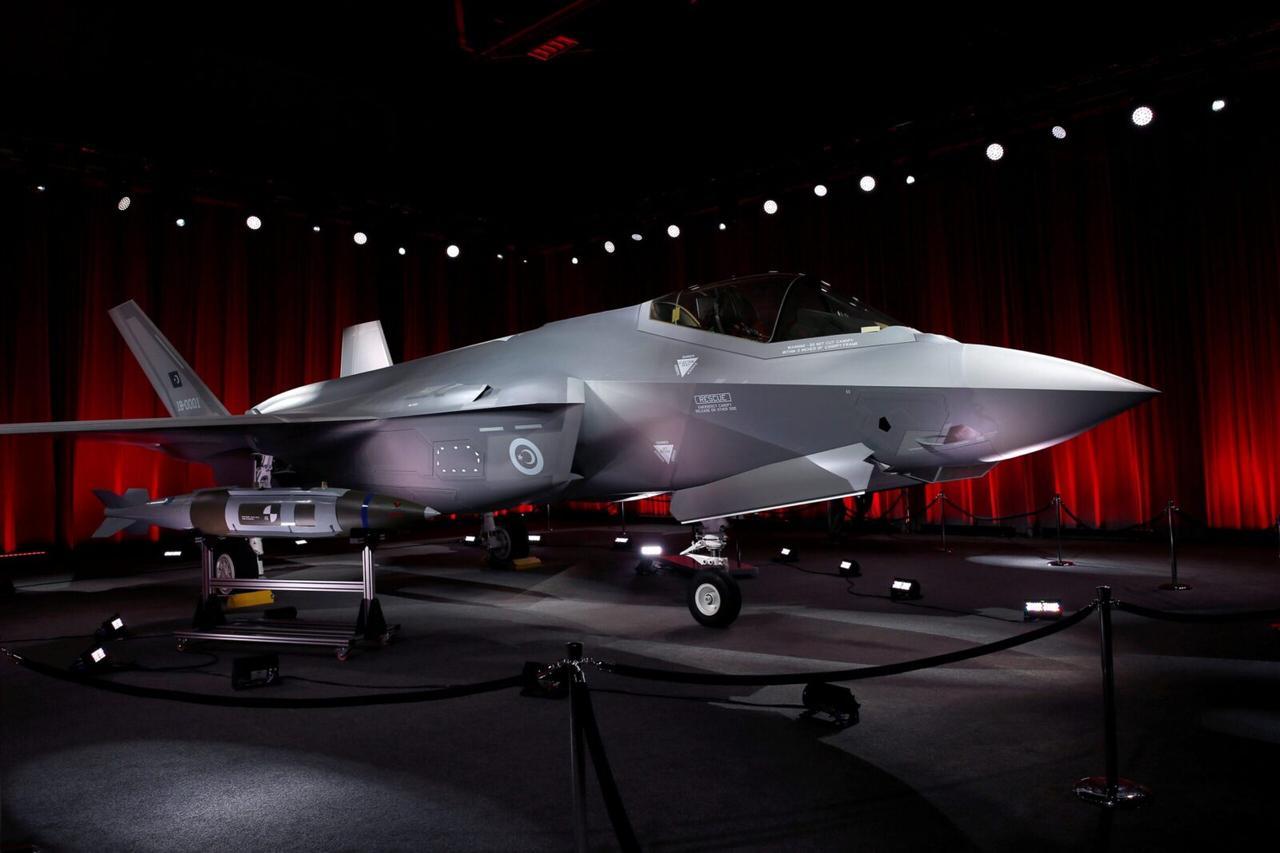
Barrack outlined the Trump administration's foreign policy philosophy as "peace and prosperity through strength," emphasizing a departure from nation-building and regime change policies.
"Our president clearly said, This is not on my agenda. I will not approach the world this way," Barrack stated, referring to military intervention strategies. "The era of military intervention is over; now everyone must stand on their own feet."
Barrack also addressed recent Israeli strikes in Syria and the broader geopolitical dynamics: "When dialogue and diplomacy stop, military boots hit the ground.
After Dec. 8 or 9, the Syrian Arab Republic was effectively reinstated from Idlib to Damascus. Türkiye did a great job facilitating this transition."
He noted that although various international actors support the new Syrian government, communication breakdowns and misunderstandings remain.
"The last thing this region needs is more war. Resorting to war should be the last option—because it has never worked. Never," he stated.
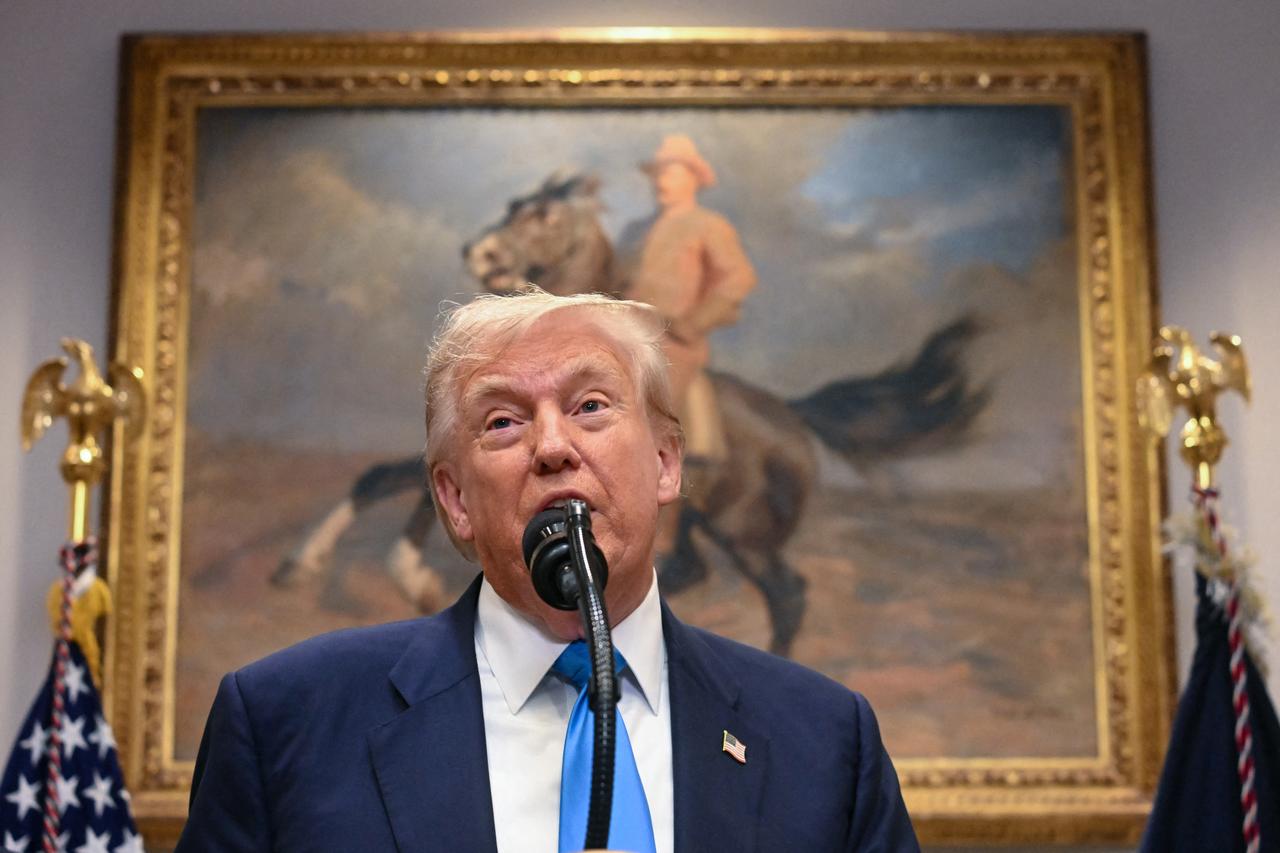
Addressing the ongoing situation in Syria, Barrack confirmed that integration discussions with Kurdish forces are progressing positively.
"My answer to your question is yes, there will be an integration," he said regarding talks with Mazloum Abdi, the commander of the Syrian Democratic Forces. Mazloum Abdi is conducting this process extremely responsibly and intelligently."
The ambassador praised the approach of both Syrian government officials and Kurdish leadership in working toward what he described as "one nation, one people, one army."
He described Türkiye’s role in the process as constructive, not harsh: "Türkiye is contributing to this process not with force, but as a guide. The Syrian government is also committed to including all minority groups."
When questioned about the humanitarian situation in Gaza, Barrack offered both personal and professional perspectives on the ongoing conflict.
"I will give two types of reactions. My personal reaction is that all of this disturbs me greatly and makes me want to cry," he said. "As a civilization, where have we come to? War is hard for me to understand."
From a policy standpoint, Barrack reiterated the U.S. position that "the United States President, Secretary of State and the U.S. have a clear stance that the Palestinian state will not be recognized until Hamas declares a ceasefire and it ends."
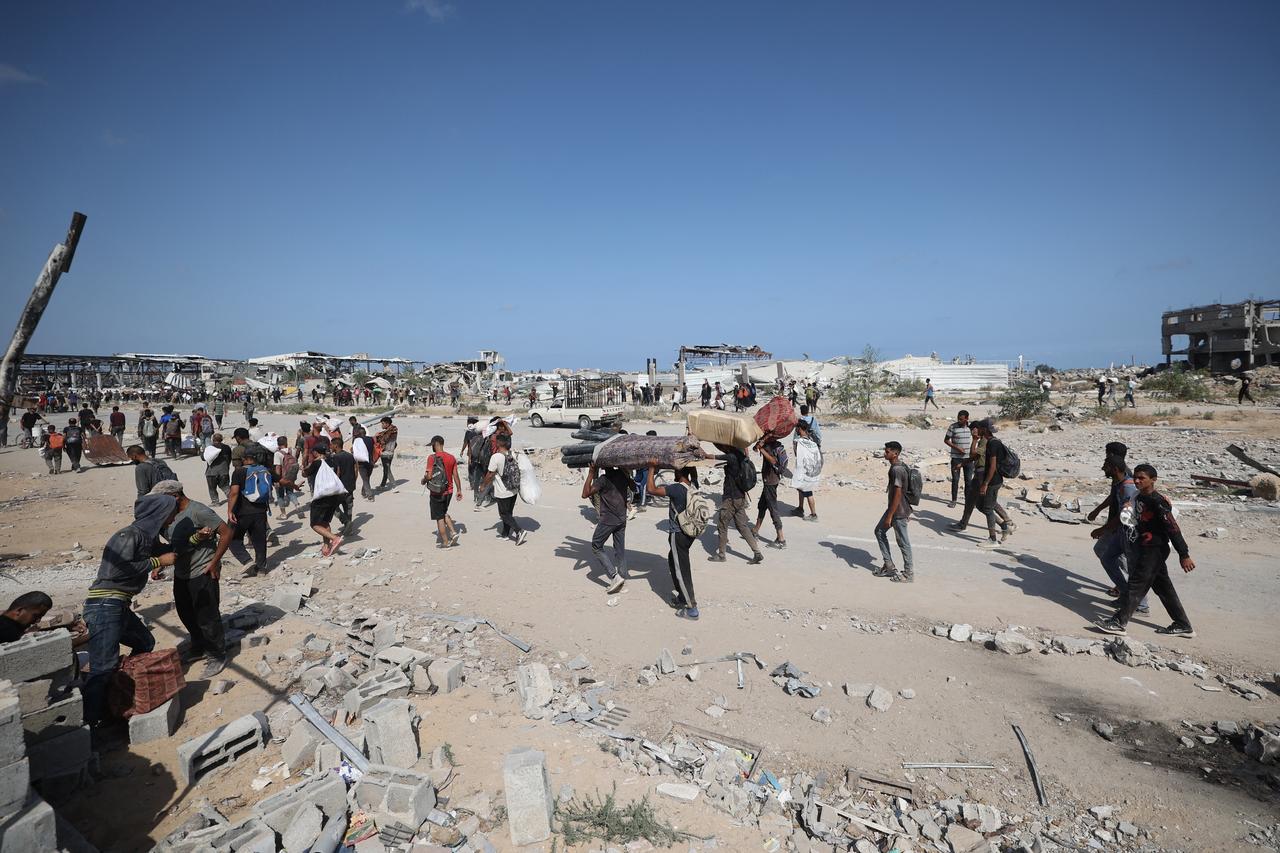
Despite public tensions over various regional issues, Barrack emphasized that intelligence cooperation between the U.S. and Türkiye remains strong.
"As you can see, our intelligence services are not enemies of each other. America, on the contrary, is in cooperation with Hakan Fidan," he said, referring to Türkiye's Foreign Minister.
"Six days ago, in one of the most successful counterterrorism operations, Türkiye played a major role; we, Türkiye and Syria together, neutralized an important Daesh component."
The ambassador concluded by emphasizing the need for continued dialogue and diplomacy to resolve complex regional challenges, stating that military solutions have historically proven ineffective in the region.
Barrack concluded by underlining Türkiye’s rising influence in the region: "Just imagine uniting Türkiye, Israel, the Gulf, Syria, Lebanon, Iraq, Jordan, Azerbaijan, Armenia… You would create the world’s strongest region. Why not? Let’s offer something different to our children and grandchildren."